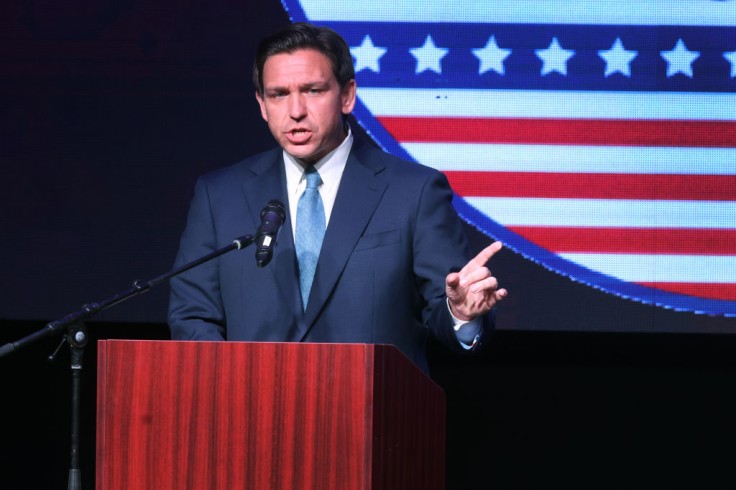
Florida Governor Ron DeSantis has taken a significant step in reshaping the state's education system by signing a bill that restricts the use of public funds for diversity, equity, and inclusion (DEI) programs in Florida colleges.
The move, which follows a trend among Republicans across the country, reflects DeSantis' push to address what he considers inappropriate liberal ideology in classrooms.
This controversial legislation is expected to have far-reaching implications for higher education in Florida.
Governor DeSantis Takes Aim at DEI Programs in Florida Colleges
According to Reuters, in a bid to shape the educational landscape in Florida, Governor Ron DeSantis has signed a bill that blocks the use of federal or state funding for diversity programs in public colleges.
The move comes as part of DeSantis' larger efforts to regulate discussions on race and gender, with the governor asserting that he aims to challenge what he views as the imposition of liberal ideology within classrooms.
With his anticipated presidential run on the horizon, DeSantis has been keen on addressing divisive cultural issues to win over conservative voters, who typically hold significant influence in Republican primary elections.
Impact on Higher Education: Stricter Regulations on DEI Initiatives
The new law enacted by Governor DeSantis places restrictions on diversity, equity, and inclusion programs in Florida colleges.
These programs, often led by dedicated DEI offices, are designed to provide tailored support and services to students of various racial, gender, sexual orientation, cultural, and ability backgrounds.
They also influence admissions processes, scholarships, and faculty hiring and promotion decisions.
However, the recently signed legislation now prohibits the allocation of state or federal funds toward programs advocating for diversity, equity, and inclusion or those promoting political or social activism, as per the Los Angeles Times.
According to Governor DeSantis, the concept of DEI has been misused as a means to impose ideological agendas upon universities.
The law further prohibits curricula that teach identity politics or theories that propagate the belief that systemic racism, sexism, oppression, and privilege are inherent in U.S. institutions.
This provision primarily targets critical race theory, a framework that examines U.S. history through the lens of racism.
Read Also: McDonald's in Florida Found Liable After Child Suffers Burns From 'Dangerously Hot' Chicken Nuggets
A Controversial Decision: Backlash and Future Implications
As reported by Axios, the signing of SB 266 and HB 931 by Governor DeSantis marks a significant escalation in the ongoing effort to regulate how race and gender are addressed within Florida's educational institutions.
The decision to sign the bill at New College of Florida, known for its progressive reputation, further highlights the governor's intention to challenge existing norms and ideologies.
Notably, a conservative-leaning board of trustees was recently appointed by DeSantis to the traditionally liberal-leaning institution, resulting in the elimination of the college's diversity, equity, and inclusion office.
Unsurprisingly, the legislation has sparked considerable pushback, particularly among students and activists at New College.
Critics argue that the bill infringes on academic freedom and undermines efforts to foster an inclusive and diverse learning environment.
Many higher education experts and free speech advocates view the restrictions as an attack on the principles of academic inquiry and expression.
The long-term implications of this legislation on Florida's higher education system remain uncertain.
The bill's provisions will undoubtedly reshape the landscape of diversity, equity, and inclusion programs, potentially limiting resources and support for marginalized students.
As colleges navigate the implementation of these new regulations, it remains to be seen how they will adapt and find alternative avenues to promote diversity and inclusivity within the constraints of the law.
The move aligns with a broader trend among Republicans who seek to address what they perceive as inappropriate liberal influence within classrooms.